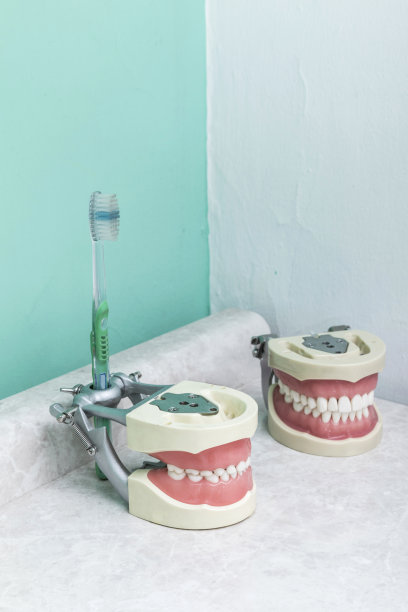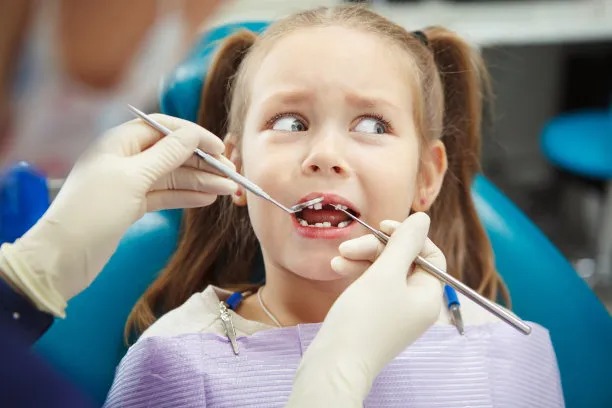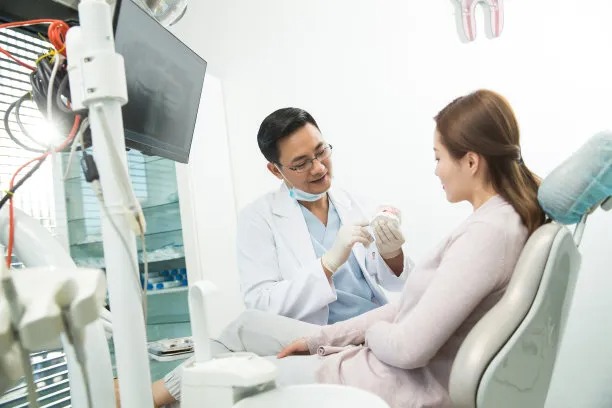Summary: Dental fillings are crucial for restoring oral health after cavities, but proper preparation and post-appointment care are essential for optimal recovery. This article explores four key aspects to consider before and after your dental filling appointment. The first aspect focuses on understanding the filling materials and their implications for oral health. The second examines the importance of discussing medical history with your dentist to anticipate any complications. The third emphasizes adhering to post-care instructions to ensure successful healing, while the fourth stresses the significance of regular follow-up appointments to monitor dental health. By following these guidelines and precautions, patients can enhance their oral health and ensure the longevity of their dental fillings.
1. Understand the Filling Materials Used

Before your dental filling appointment, its crucial to familiarize yourself with the different types of filling materials used in dentistry. Common options include amalgam, composite resins, porcelain, and gold. Each material has its benefits and drawbacks regarding durability, aesthetic appearance, and cost. For instance, composite resins match the natural color of teeth, making them ideal for visible areas. However, amalgam fillings are known for their strength in the back teeth, where biting pressure is greatest.
Consulting your dentist about the materials they recommend is essential. Understanding how each filling material can affect your overall oral health can help you make informed decisions. Additionally, ask about any particular pros and cons associated with the recommended material, as this knowledge can influence your comfort level with the procedure.
Finally, be aware that the longevity of dental fillings can vary based on the material used. Educating yourself on this topic will empower you to ask questions and ensure you choose the best option for your specific dental needs.
2. Discuss Medical History and Allergies
Your visit to the dentist should include a thorough discussion of your medical history. Inform your dentist about any allergies, chronic conditions, or medications you are currently taking. This information is crucial to prevent any adverse reactions during or after the dental filling procedure. Certain medications, for instance, may affect your healing process or interact with anesthesia.
In addition to allergies, sharing your dental history is equally important. Previous dental issues or treatments can help your dentist determine the best approach for your filling. For example, if youve had issues with particular filling materials in the past, its essential to communicate this, so alternative options can be considered.
Being proactive in discussing your medical history and any potential allergies will help your dentist create a personalized plan that prioritizes your health and safety during the dental filling process.
3. Follow Post-Care Instructions Diligently
The importance of following post-care instructions cannot be overstated. After getting your dental filling, your dentist will provide specific guidelines to promote healing and ensure the longevity of the filling. Adhering to these instructions, such as avoiding hard or sticky foods for a specified period, can prevent damage to the filling and ensure your mouth heals properly.
Additionally, following your dentists recommendations concerning oral hygiene practices is vital. You may be advised to use a soft-bristled toothbrush and special mouth rinses to keep the treated area clean without causing irritation. Ignoring these guidelines can lead to complications, including infection, which can jeopardize a successful filling.
Lastly, attend any follow-up appointments scheduled by your dentist to evaluate the fillings condition. This ensures that both the filling and your overall oral health are being monitored adequately, allowing for early detection of any potential issues.
4. Schedule Regular Dental Check-ups
Regular dental check-ups are an essential aspect of maintaining your oral health, especially after receiving a dental filling. These visits allow your dentist to monitor the condition of the filling and assess the surrounding teeth and gums for any potential issues. Scheduling appointments every six months is generally advised, but your dentist may recommend more frequent visits based on your individual dental needs.
During these check-ups, your dentist can perform cleanings, conduct examinations, and apply fluoride treatments, which help prevent future cavities and prolong the life of your filling. Consistent monitoring of your oral health plays a significant role in detecting issues early, preventing more severe problems, and ensuring that your fillings remain intact.
Lastly, remember that oral hygiene at home between dental visits significantly impacts the effectiveness of your fillings and the overall condition of your teeth. Brushing twice a day, flossing daily, and using antibacterial mouthwash can help maintain a healthy mouth.
Summary:
In summary, preparing for a dental filling appointment involves understanding the types of filling materials, discussing your medical history with your dentist, adhering to post-care instructions, and scheduling regular dental visits. By being proactive in these areas, you can ensure optimal oral health and the longevity of your dental fillings.
This article is compiled by Vickong Dental and the content is for reference only.
Vickong Dental
Vickong Dental is a large medical group established in Hong Kong in 2008 by professors from well-known medical universities in Guangdong and Hong Kong, as well as medical doctors from key national '985' universities (including Master's supervisors and senior professors). The chain of branches brings together expert dentists with PhDs and Master's degrees from Hong Kong and Mainland China, committed to providing high-quality dental treatment.
"Vickong Dental Practices the University Motto of 'Healing and Serving Society,' with a Stable Operation for Sixteen Years. It Has Been honored with Hong Kong Enterprise Leaders's Choice,' and is a Global Trusted Implant Center for the Nobel Implant System. Recommended by Hong Kong Metro Broadcast and Guangdong Television, it Serves Customers from Over Thirty Countries and Regions, Gaining the Trust and Favor of Citizens from the Guangdong-Hong Kong-Macau Greater Bay Area and Surrounding Cities.

Thousands of customers' unanimous praise
The most recognized and highly recommended dental service by customers in the Guangdong-Hong Kong-Macau Greater Bay Area
We Ensure You Receive Detailed Care and Attention Here
Hong Kong standards, Shenzhen prices, Your Trusted English-speaking dentists

Vickong Dental Medical-Grade Instrument Disinfection Process
Vickong Dental Medical-Grade Instrument Disinfection Process

Vickong Dental Chain: A Warm and Comfortable Environment for Treatment






Appointment Hours

Q&A
Why choose Vickong Dental?
Vickong Dental practices the university motto 「Medicine to Benefit Society」, with each branch bringing together highly qualified dentists with doctoral and master’s degrees from Hong Kong and the Mainland, and has maintained seventeen years of steady operation。Recipient of 「2024 Hong Kong Enterprise Leaders Brand」, 「2025 Hong Kong Enterprise Leaders Brand」, a Nobel Biocare Global Trusted Implant Center, and a brand recommended by Metro Radio Hong Kong and Guangdong TV。
To date, we have served customers from more than thirty countries and regions,earning exceptionally high word-of-mouth recognition and trusted recommendations from residents across the Guangdong-Hong Kong-Macao Greater Bay Area and surrounding cities
We have eight major branches in Zhuhai、Shenzhen,and a consultation and service assurance center in Hong Kong,so you can book a free consultation at any time for any questions,which is very reassuring.
If I do not accept the quotation after the CT scan, will I be charged??
No! As long as the actual treatment has not started, you will not be charged any fees.
Will there be any additional charges during the treatment process?
No, there won’t be any additional charges. Before treatment begins, we will clearly explain the treatment plan and its corresponding fees. Only after the patient agrees and signs the consent form will we proceed with the dental service.
Can I pay in Hong Kong dollars?
Yes. Vickong Dental accepts payment in Hong Kong dollars. The amount will be converted based on the exchange rate of the day, and the applicable rate will be clearly communicated to you in advance.
Can I reschedule my appointment at any time?
Yes. Please contact us via **WeChat** or **WhatsApp** as early as possible, providing your original appointment time and details, along with your preferred new date and time slot for rescheduling.













